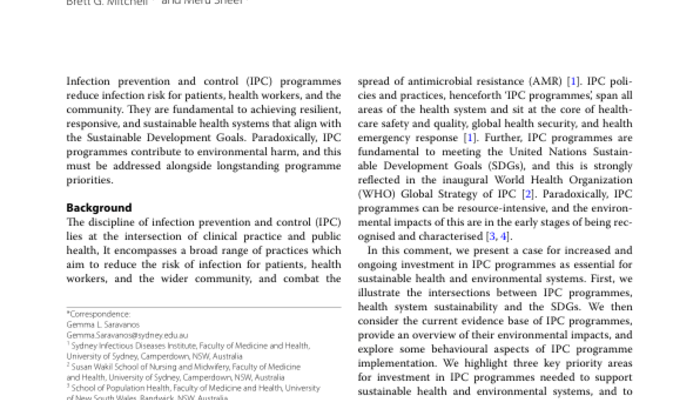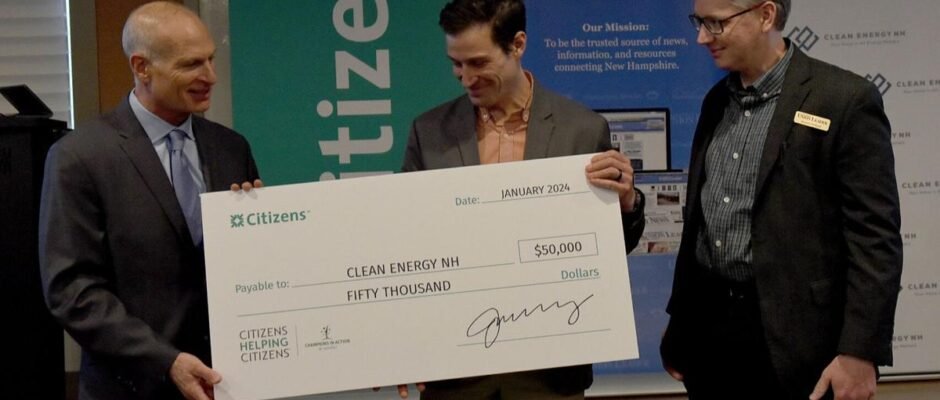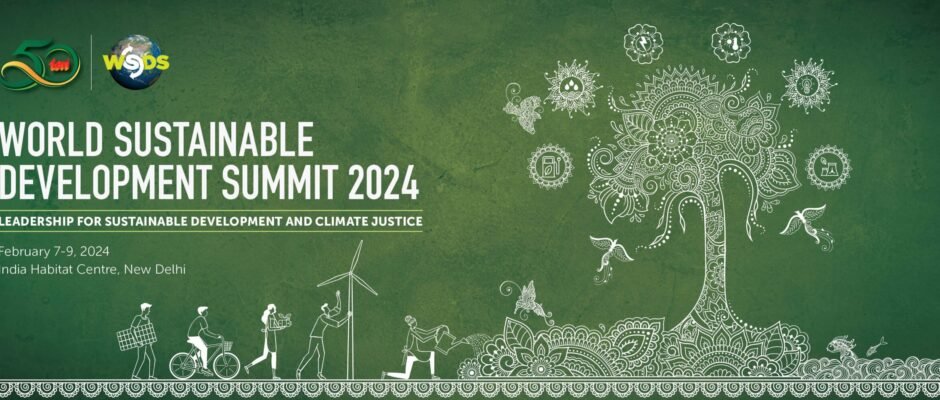The Climate Minister urged: Increase emissions reductions within our borders or engage in international negotiations for carbon credits.
The Climate Change Minister has received a briefing from environment officials stating that New Zealand is not on track to achieve its target of reducing net greenhouse emissions to half of 2005 levels by 2030. The briefing also highlighted that planet-heating gases have only fallen by 6 percent since their peak in 2006, while air […]










